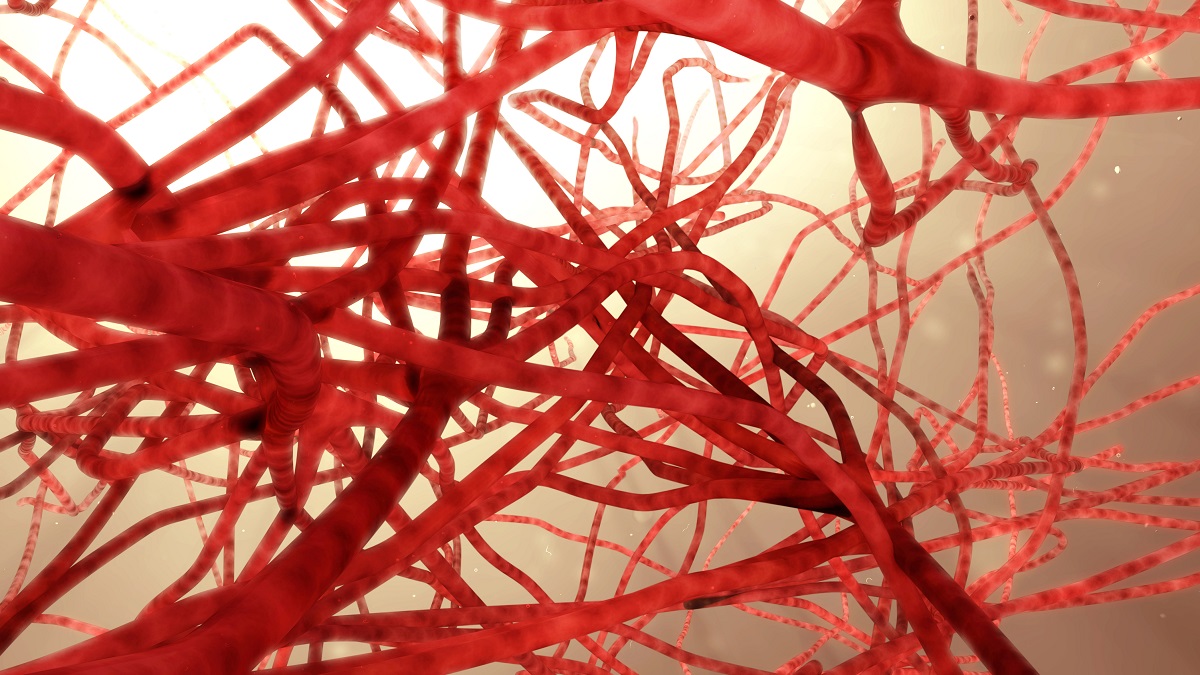KEY TAKEAWAYS
- The study aimed to investigate the impact of chronic HCV infection on B cell dyscrasias and lymphoma-like transcriptomes.
- Researchers noticed that lymphoma-like B cells persist after SVR, indicating continued lymphoma risk.
Chronic HCV infection can interact complexly with adaptive immune cells, potentially leading to B cell dyscrasias such as cryoglobulinemia or lymphoma. Despite direct-acting antiviral therapy reducing severe liver damage, its impact on extrahepatic HCV-related conditions, including B cell dyscrasias, remains unclear.
Christoph Schultheiß and the team aimed to assess the effect of chronic HCV infection on B cell dyscrasias and lymphoma-like transcriptomes.
They performed an inclusive analysis of B cell receptor (BCR) repertoires in patients with chronic HCV mono-infection and patients with HCV who achieved a sustained virological response (SVR) after direct-acting antiviral therapy. The data set was examined for highly neutralizing HCV antibodies and compared with a diffuse large B cell lymphoma data set.
The TKO model was utilized to evaluate the signaling strength of selected B-BCRs in vitro. Additionally, single-cell RNA sequencing of chronic HCV and HCV SVR samples was conducted to analyze the transcriptome of B cells with HCV-neutralizing antigen receptors.
A distinct B cell fingerprint was identified with high richness and somatic hypermutation in patients with chronic HCV and SVR. Convergence to specific immunoglobulin genes led to high-connectivity complementarity-determining region 3 networks. Additionally, IGHV1-69 CDR1 and FR3 mutations, which characterize highly neutralizing HCV antibodies, were found to correspond to recurrent point mutations in clonotypic BCRs of high-grade lymphomas.
These BCRs exhibited a lower activation threshold in an in vitro cell model for assessing BCR signaling strength but did not show autonomous signaling. Single-cell RNA sequencing revealed that B cells carrying these point mutations retained an oncogenic transcriptome signature with dysregulation in signaling nodes such as CARD11, MALT1, RelB, MAPK, and NFAT.
The study concluded that lymphoma-like cells originate from the anti-HCV immune response. These cells often persist for years after SVR, suggesting they may serve as a mechanistic basis for HCV-related B cell dyscrasias and an increased risk of lymphoma, even beyond the elimination of the virus.
The study was funded by the Deutsche Forschungsgemeinschaft (DFG, German Research Foundation)—SFB 1648/1 2024-512741711 to Mascha Binder and Julian Schulze zur Wiesch; DFG-SFB841 and BI 1711/4-1 to Mascha Binder; Swiss National Science Foundation.
Source: https://pubmed.ncbi.nlm.nih.gov/39082968/
Schultheiß C, Willscher E, Paschold L, et al. (2024). “B cells expressing mutated IGHV1-69-encoded antigen receptors related to virus neutralization show lymphoma-like transcriptomes in patients with chronic HCV infection.” Hepatol Commun. 2024 Jul 31;8(8):e0503. doi: 10.1097/HC9.0000000000000503. PMID: 39082968.



